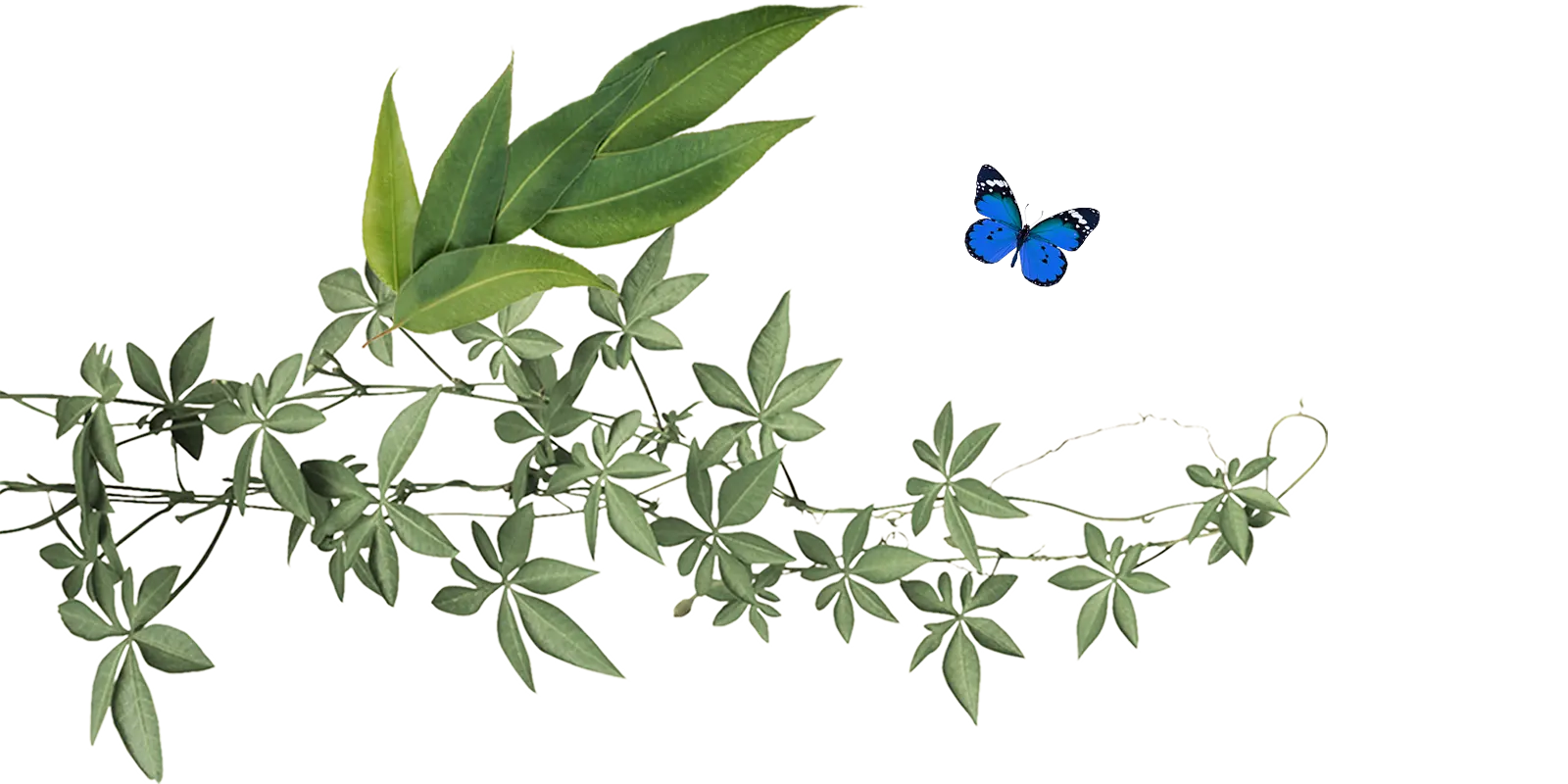Here are some resources and ways to start regenerating at home today:
International
Start planting a carbon sequestering veggie patch
Some perennial herbs and veggies are great for soil health and also absorb carbon from the atmosphere. They can even help balance out your carbon footprint.
- Carbon Farming in Your Own Backyard - download this free getting started guide which contains sample pages from 2040: A Handbook for the Regeneration by Damon Gameau.
Learn with the Gangster Gardener
- MasterClass: Ron Finley teaches gardening - community activist and self-taught gardener Ron Finley teaches how to garden in (literally!) any space, nurture your plants, and grow your own food. As Ron says, “Growing your own food is like printing your own money.”
Create an incredible, edible garden
Learn simple skills to grow food anywhere and create a thriving food garden at home to feed you and your family.
- Take Morag Gamble's online course: The Incredible Edible Garden
- Download the free e-book - "12 tips for a thriving edible garden"
- Listen to these recommended podcasts
Take a regenerative gardening course
Kiss the Ground offers regenerative farming courses. Kiss the Ground’s mission is to awaken people to the possibilities of regeneration and inspire participation in this movement through media, communications, education, workshops, immersive programming, and advocacy.
- Kiss the Ground’s Introduction to Regenerative Gardening - designed with all levels in mind, the course is a beginner’s gardening journey to learn the basic skills, tools, practices, and knowledge required to grow in any space, container, or climate.
- Advanced Regenerative Gardening - this course will build on fundamental gardening knowledge by connecting in-depth understandings of life cycles, plant nutrients, soil importance, troubleshooting, and land ethics all while practising new skills for impactful gardening.
Australia
Eat native foods
You may have eaten the superfood kakadu plum or the “caviar of fruits” finger lime which are endemic to Australia. Eating native foods that are sourced from First Nations-owned businesses is another way to support a regenerative food system.
- Check out this First Nations Food Guide from Indigenous-owned Australian Native food business Warndu.
Eat seasonally
Australia has a vast geography with many different climates, meaning what’s in season locally for you, will differ depending on where you live. For a state-by-state breakdown of seasonal produce check out this tool:
Make your garden wildlife friendly
- 5 Ways to Create a Wildlife Friendly Garden - the Nature Conservancy offers some top tips for growing a native Australian, urban garden and making your garden friendly to the local fauna.
Create ‘wildlife habitats’ at home
Backyard Buddies is a national environmental education initiative and community engagement program.
- Check out these Home DIY projects that will show you how to build a bee hotel, a butterfly box, a frog pond, a ladybird house, a nest box, and so on…
Learn about urban beekeeping
Look up who your local urban bee-keepers are and find a course or workshop near you! Here are some organisations and books to get you started:
- Backyard Bees: A complete guide for the beginner beekeeper or bee enthusiast by Doug Purdie
- The Bee Friendly Garden by Doug Purdie
- The Urban Beehive - Beginners Course (Sydney)
- Rooftop Honey - Mentoring Sessions (Melbourne)
Grow mushrooms with Little Acre
Buy a DIY kit or take an online course to grow mushrooms at home. You don’t need a lot of space or even soil or sunlight!
- Do Little Acre’s online mushroom growing workshop - presented by full-time farmers and mushroom cultivation experts Mickey and Amy, this comprehensive workshop is jam-packed full with everything you need to know to grow your own delicious gourmet mushrooms at home.
UK
Naturehood
Naturehood is a community project that empowers you to take positive action for the wildlife on your doorstep, and helps us understand what actions have the best impact on wildlife across the UK.
The Wildlife Trusts
The Wildlife Trusts are a grassroots movement of people from a wide range of backgrounds and all walks of life, who believe that we need nature and nature needs us. Their purpose is to bring wildlife back and to empower people to take meaningful action for nature.
Making your garden regenerative and wildlife friendly is part of a larger collective response. Learn more and find other actions about bringing nature into our living spaces.
Know of any other resources? Share your ideas.


